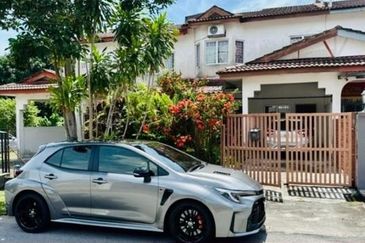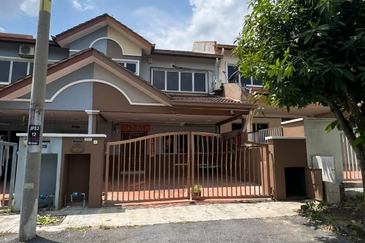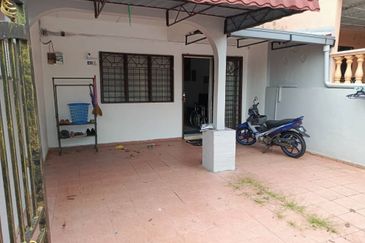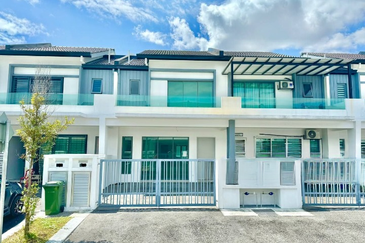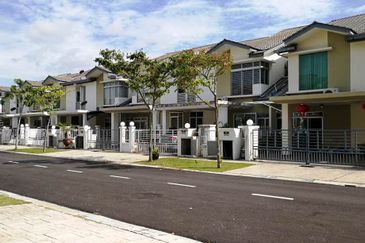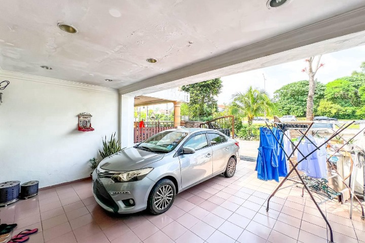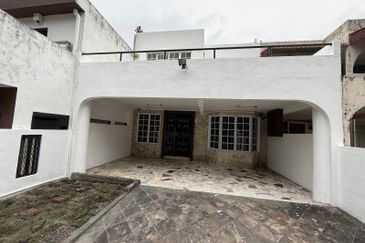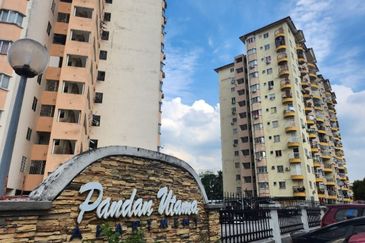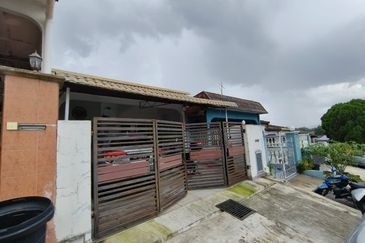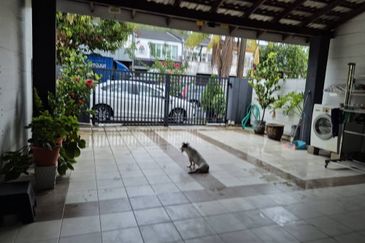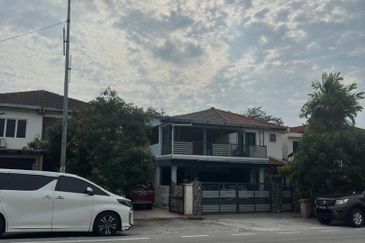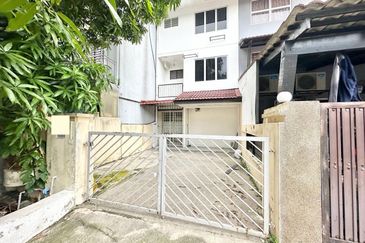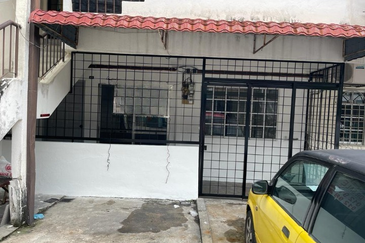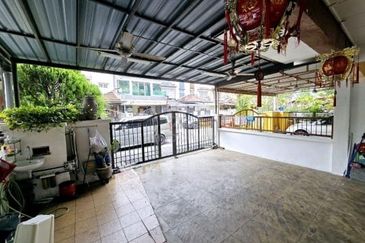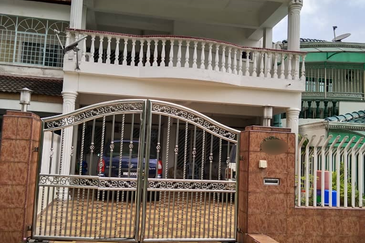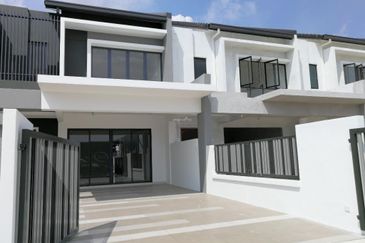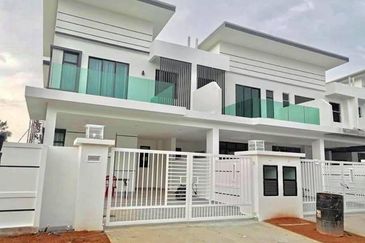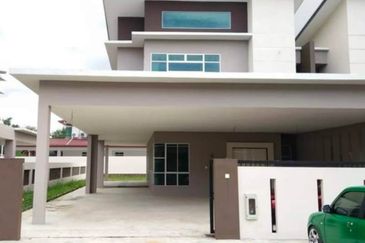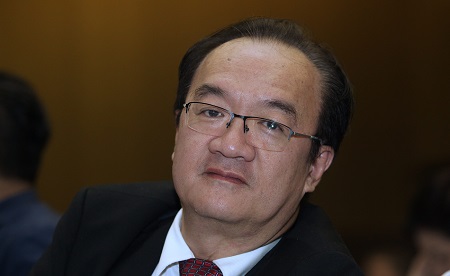
PETALING JAYA (Oct 11): Budget 2020 is expected to improve the economy of Johor, according to KGV International Property Consultants Sdn Bhd executive director Samuel Tan.
He tells EdgeProp.my that the RM85 million allocation for the Causeway and Second Link would be a boon to Johor and Singapore considering the significant amount of daily traffic at the two checkpoints.
“The reduced congestion time will encourage investors to invest in Johor, not only in the property sector but other industries as well such as manufacturing and F&B services. Shopping malls in Johor Bahru will definitely feel the positive effects of this move,” says Tan.
He adds that the property market in the Iskandar Puteri region will observe an increase in demand as people will be able to travel and commute more easily.
“The industrial sector will also see renewed interest,” Tan adds.
As the government announces its intention to proceed with the Rapid Transit System (RTS) between Johor Bahru and Singapore, Tan welcomes this.
“It will be a long term plan to clear the traffic congestion as well as be a boost to the Johor Bahru property sector both in the city centre and its fringes. However, there is a need to ensure the last-mile connectivity is available and the fares reasonably priced,” says Tan.
With regards to the Real Property Gains Tax (RPGT), it is below expectation, he says, expecting the 5% rate after five years of ownership to be revised to zero instead.
“However, with the change of the base year from January 2000 to January 2013, it will reduce the amount of tax chargeable. This is because the market values were at their peak in 2013,” adds Tan.
With the proposal of a lower threshold of RM600,000 for foreign buyers of high-rise residential properties in urban areas, Tan says it will definitely encourage more foreigners to purchase a home and address the property overhang issue in Johor.
But he suggests that the threshold be set in place for a period of no more than two years to ensure it does not stray from its main purpose – to clear the overhang.
“Otherwise, developers will start developing more high-rise residential projects with such prices and locals will have to compete with foreigners in order to purchase a home,” Tan says.
As for the Home Ownership Campaign (HOC), he hopes it will be extended to December 2020 as he expects the property market to remain soft in 2020.
“To be fair, the HOC should also include sub-sales so that homeowners can monetise their properties for upgrading purposes to revitalise the slowing market,” Tan adds.
Meanwhile, Budget 2020 also saw the government proposing to allocate some RM25 million to promote medical tourism. Tan observes an increase in demand for this sector, especially from neighbouring Singapore and also Indonesia.
“Some hospitals [in Johor] allow Singaporeans to use their Central Provident Fund (CPF) for their medical expenses in the state,” says Tan.
TOP PICKS BY EDGEPROP
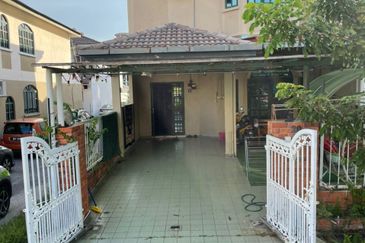
SL7, Bandar Sungai Long
Bandar Sungai Long, Selangor
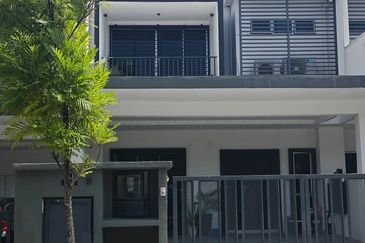
Taman Vista Mutiara
Bandar Sungai Long, Selangor


